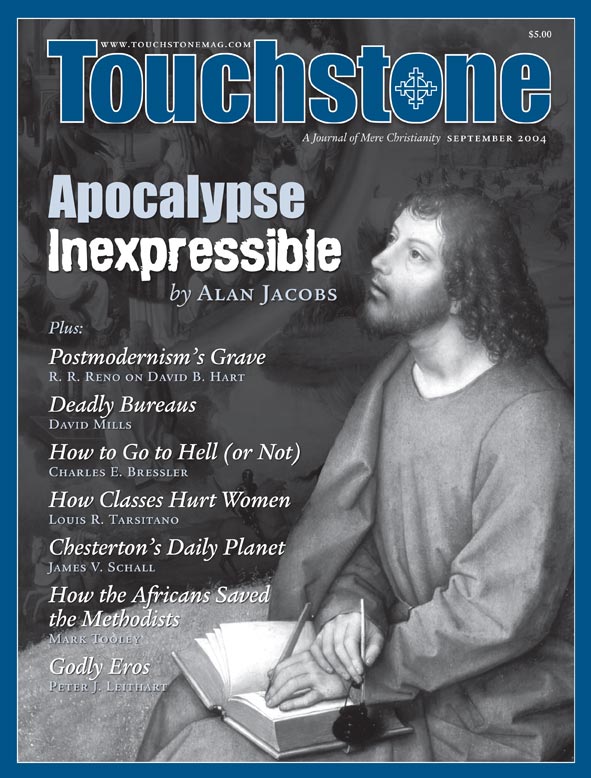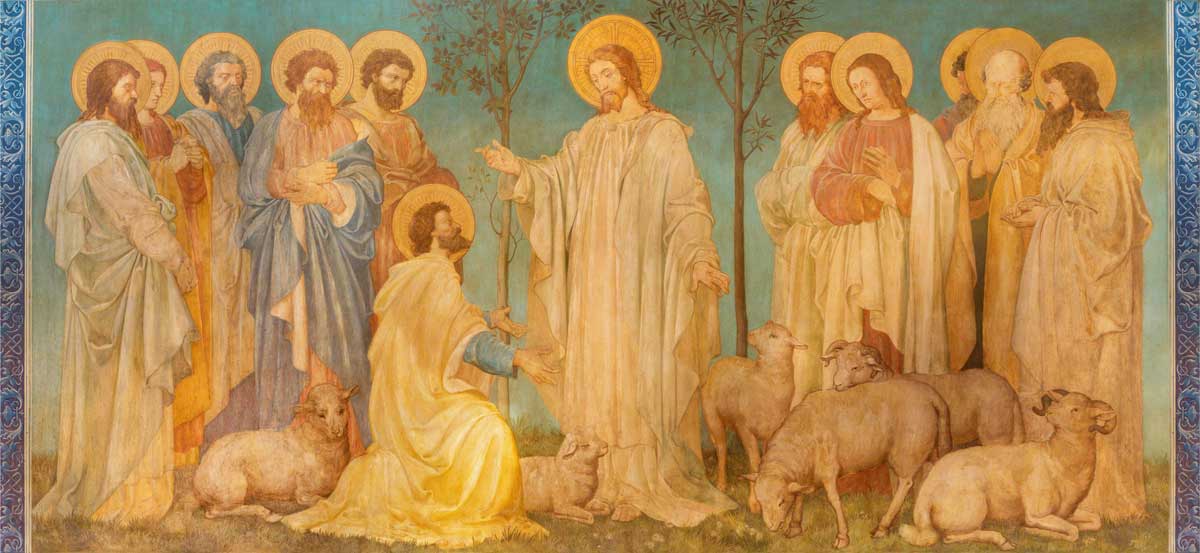View
Miraculous Daily Planet
James V. Schall on G. K. Chesterton’s Take on Newspapers & Truth
Recently, I was talking to a student about newspapers. He was diligently reading the New York Times and wanted to know if I read it daily. I confessed that I did not. “Why?” he wondered. “Well,” I replied, “no page in the New York Times is not an editorial page.”
G. K. Chesterton’s view of newspapers was pretty much mine: What you find there are opinions, not truth. This is how he put it in The Illustrated London News, in a column titled “Newspaper Snippets and the Truth”:
The part of journalism that I would feel tempted to suppress would be the serious part: the leading articles and the leading reviews and the authoritative and infallible communications from foreign correspondents. Every one seems to assume that the unscrupulous part of newspaper-writing will be the frivolous or jocular parts. This is against all ethical experience. Jokes are generally honest. Complete solemnity is almost always dishonest.
Speaking of the then-proprietor of the London Times, Chesterton continued, “I do not mind in the least getting my jokes from the Marquis of Harmsworth . . . it is only the idea of getting my views from him that seems like carrying a joke too far.” We are free to laugh at someone else’s jokes. They are honestly funny. But someone else’s views we must first judge against a criterion of truth before we dare make them ours.
What is a newspaper for, then? This is Chesterton’s considered advice: “I earnestly adjure the Seeker After Truth (if he still survives) to leave the earnest and elaborate parts of the newspapers and join me in pouring over the snippy paragraphs.” To illustrate his point, he tells of reading in a daily paper of a young man enlisting in the British army at Portsmouth. Asked to indicate his religion, he wrote, with “equal and ceremonial gravity,” “Methuselahite.” Methuselah lived some 969 years, and is said to still hold the human record, but it is not indicated that he founded a religion.
When the soldier was finally asked what was the purpose of this religion, he replied, “to live as long as he could.” Chesterton was quite entranced with this soldier’s answer. “Considered as an incident in the religious history of Europe,” Chesterton wrote,

that answer of that soldier was worth more than a hundred carloads of quarterly and monthly and weekly and daily papers discussing religious problems and religious books. Every day the daily paper reviews some new philosopher who has some new religion; and there is not in the whole two thousand words of the whole two columns one word as witty or as wise as that word “Methuselahite.”
From this we learn that Chesterton’s columns were probably in two columns of two thousand words. We also learn that the young soldier indeed had an original insight about what we wish for in this world and a symbolic way of expressing it.
Journalism’s Weakness
James V. Schall S. J., is Professor in the Department of Government at Georgetown University. Among his many books are A Student?s Guide to Liberal Learning and On the Unseriousness of Human Affairs (both from ISI).
subscription options
Order
Print/Online Subscription

Get six issues (one year) of Touchstone PLUS full online access including pdf downloads for only $39.95. That's only $3.34 per month!
Order
Online Only
Subscription

Get a one-year full-access subscription to the Touchstone online archives for only $19.95. That's only $1.66 per month!
bulk subscriptions
Order Touchstone subscriptions in bulk and save $10 per sub! Each subscription includes 6 issues of Touchstone plus full online access to touchstonemag.com—including archives, videos, and pdf downloads of recent issues for only $29.95 each! Great for churches or study groups.
Transactions will be processed on a secure server.
more from the online archives

27.3—May/June 2014
Religious Freedom & Why It Matters
Working in the Spirit of John Leland by Robert P. George
calling all readers
Please Donate
"There are magazines worth reading but few worth saving . . . Touchstone is just such a magazine."
—Alice von Hildebrand
"Here we do not concede one square millimeter of territory to falsehood, folly, contemporary sentimentality, or fashion. We speak the truth, and let God be our judge. . . . Touchstone is the one committedly Christian conservative journal."
—Anthony Esolen, Touchstone senior editor








